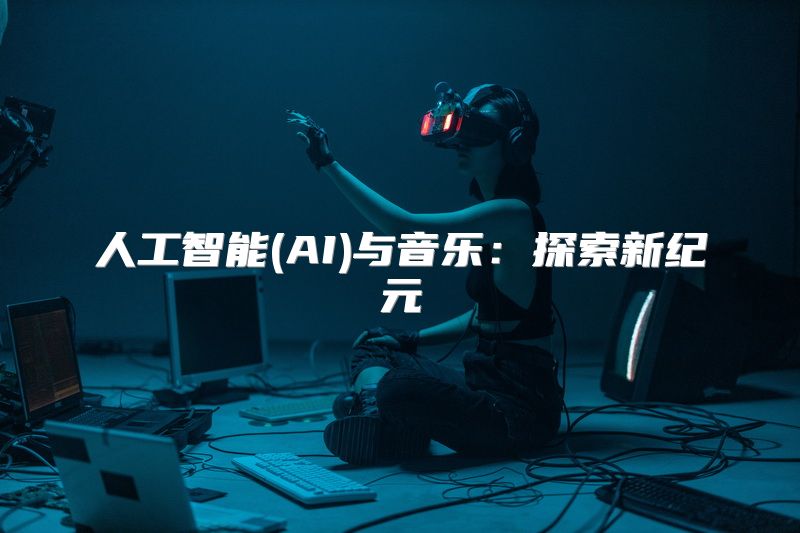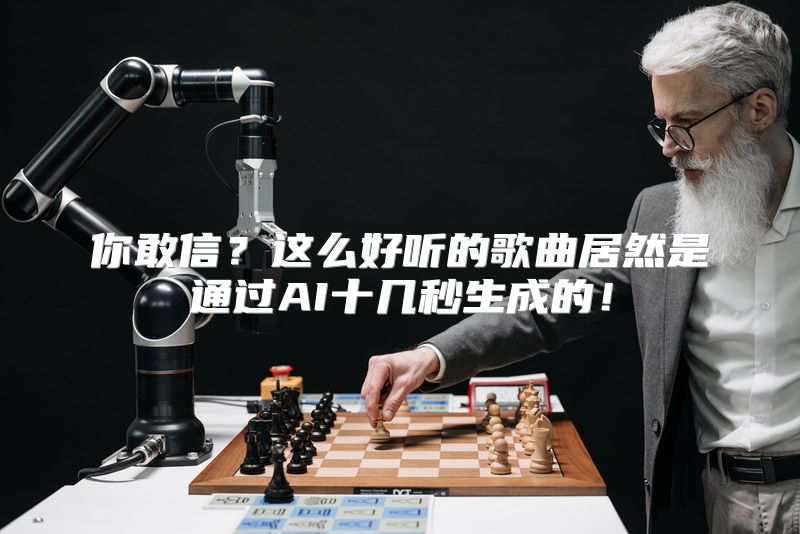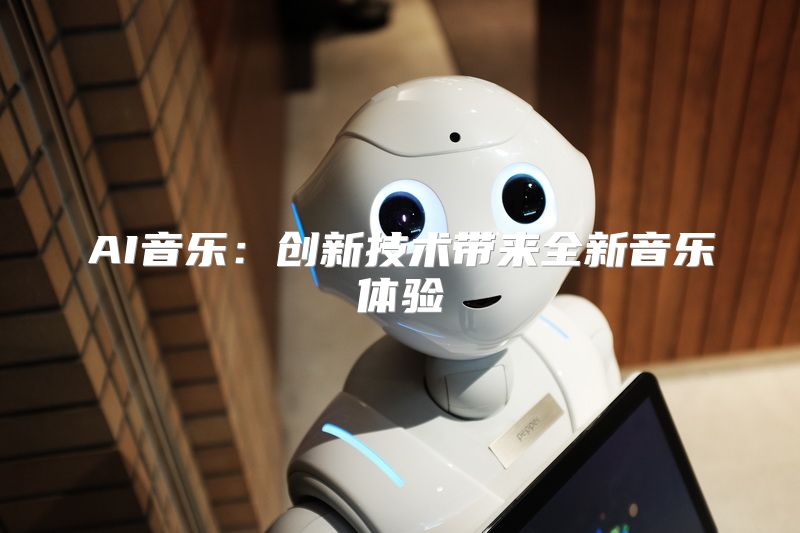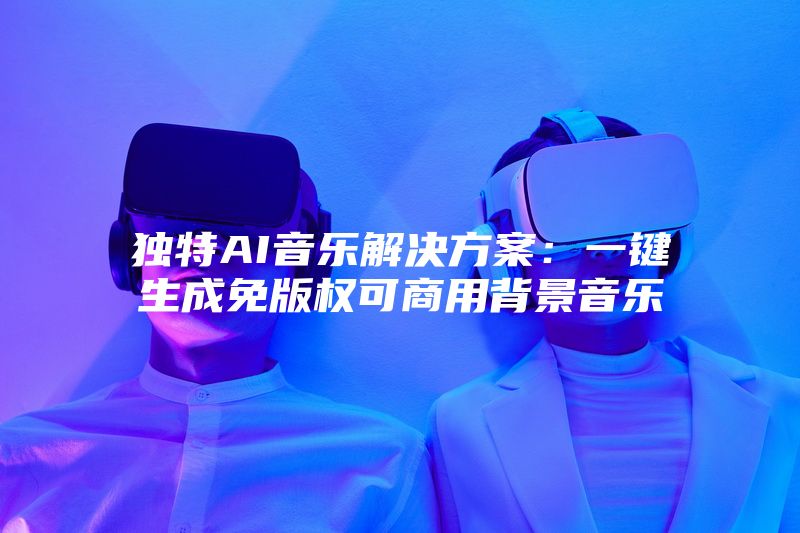AI Music Production: A New Frontier of Creative Innovation
In recent years, advancements in artificial intelligence (AI) have revolutionized various industries, including music. AI is no longer limited to the realm of voice recognition and transcription but now has expanded its capabilities into the realms of music production.
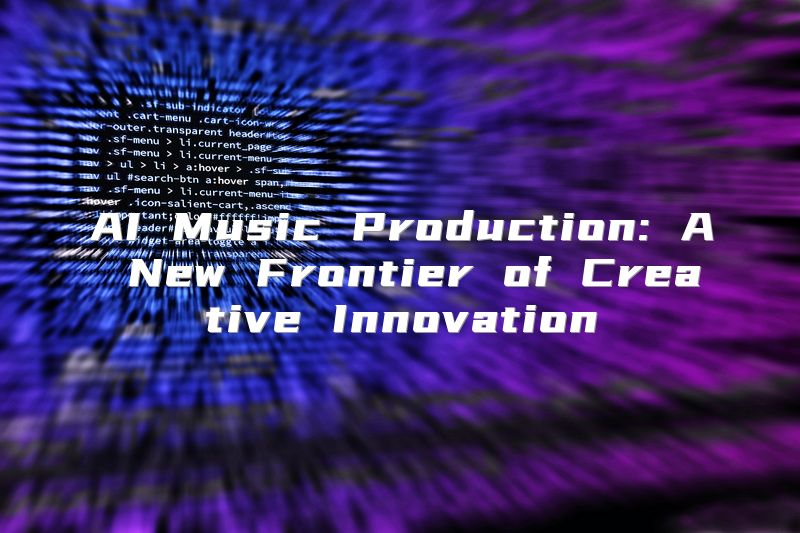
One such area where AI is making significant strides is in the creation of original musical compositions. With deep learning algorithms and natural language processing techniques, AI systems are able to analyze large datasets of existing music and learn patterns, motifs, and melodies that can be used to generate new compositions.
This technology not only enables composers to create new pieces at a rapid pace but also allows for greater diversity in styles and genres. AI-generated music can be tailored to specific moods or emotional states, offering a fresh perspective on traditional forms of music.
Moreover, AI music production tools are becoming more accessible, with companies like AIVA, which uses machine learning algorithms to generate original music based on user input, providing users with an affordable way to explore the creative possibilities offered by AI.
However, as AI continues to advance, it raises questions about ownership, authenticity, and ethics. Is it ethical for machines to create music? Should human musicians still retain control over their creations? These issues highlight the need for thoughtful discussions regarding the future of music creation and distribution.
Despite these concerns, the potential benefits of AI-powered music production cannot be overlooked. It opens up new avenues for creativity, expands the reach of music, and democratizes the process of creating music. As AI technologies continue to evolve, we can expect even more groundbreaking innovations in this field.
As AI continues to shape the landscape of music production, it is crucial for creators to remain aware of the implications of this technology and to approach its use with caution and responsibility. By balancing the creative freedom provided by AI with the respect for intellectual property rights and artistic integrity, we can harness the full potential of AI while ensuring its responsible development and application.

